Interview: Cellist Cécilia Tsan On Combining Her Musical Artistry With CONCERTS Programming
Mount Wilson Observatory will resume their SUNDAY AFTERNOON CONCERTS IN THE DOME series with two concerts – on August 1st and on September 5th
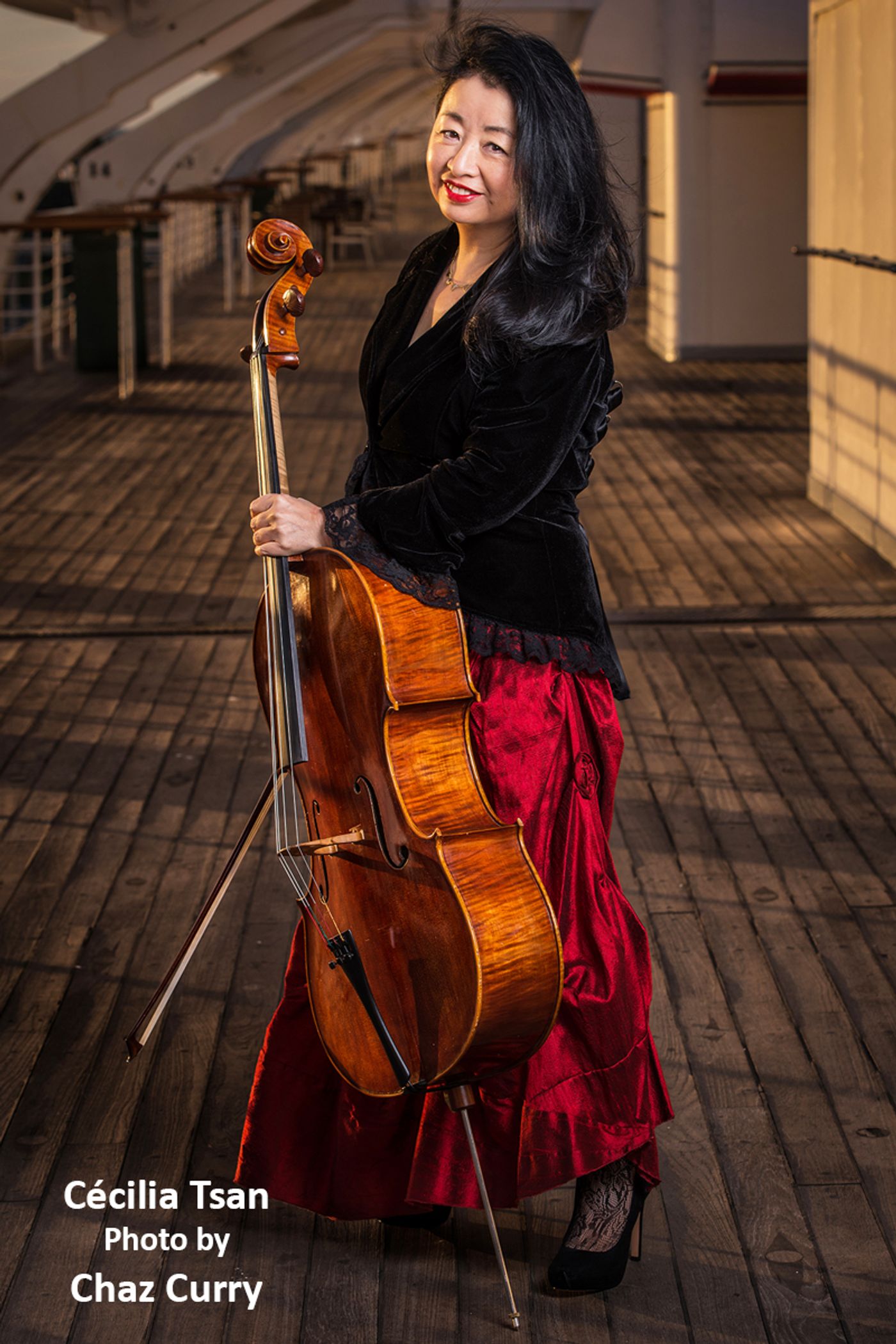
Mount Wilson Observatory will resume their SUNDAY AFTERNOON CONCERTS IN THE DOME series with two concerts - on August 1st presenting the world premiere Eric Tanguy's piece, "Le Lys et la Lyre," especially written for cellist Cécilia Tsan; and on September 5th featuring a jazz program with Lounge Art Ensemble. Set in the magnificent vaulted dome of Mount Wilson Observatory's 100-inch telescope, each CONCERT will have two performances each.
Cécilia found some time amidst her artistic director duties and her never-ending practicing to answer a few of my queries.
Thank you for taking the time for this interview, Cécilia.
What originally sparked the idea for SUNDAY AFTERNOON CONCERTS IN THE DOME?
Dan Kohne, Trustee at Mount Wilson Observatory, who knew I was a cellist, asked me to come with my cello in order to test the acoustics at the Dome. As I am curious by nature, I did and was blown away by the extraordinary acoustics and the beauty of the place. We did a very short video of that test, and in one week we had about 12,000 views on Facebook and incredible comments. So we decided to launch the series.
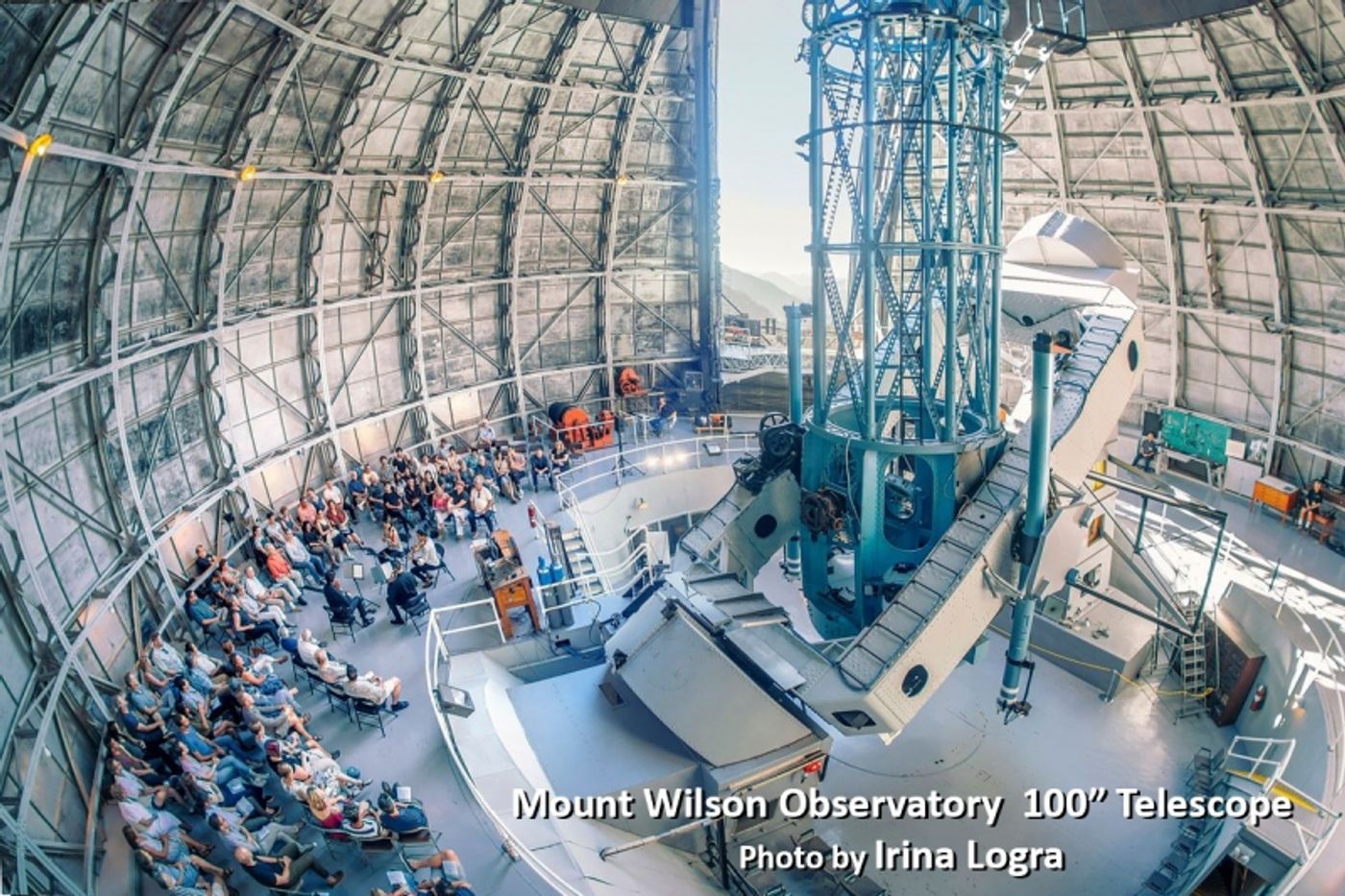 How long ago did you begin planning to resume SUNDAY AFTERNOON CONCERTS IN THE DOME live?
How long ago did you begin planning to resume SUNDAY AFTERNOON CONCERTS IN THE DOME live?
We were waiting for the new directives from the CDC, and checking if the virus was really receding. When we saw that venues all around the world were starting to re-open with a vaccination pre-requisite, we decided to have two sets of concerts. It was too late to schedule a six-month season like the previous years, but next season should certainly be a whole one.
As the music series artistic director, who else worked with you to decide the August 1st program?
I knew I wanted to program the world premiere of Eric Tanguy's piece, "Le Lys et la Lyre," written for me. We were supposed to do it in July 2020 but, as you know, the whole season 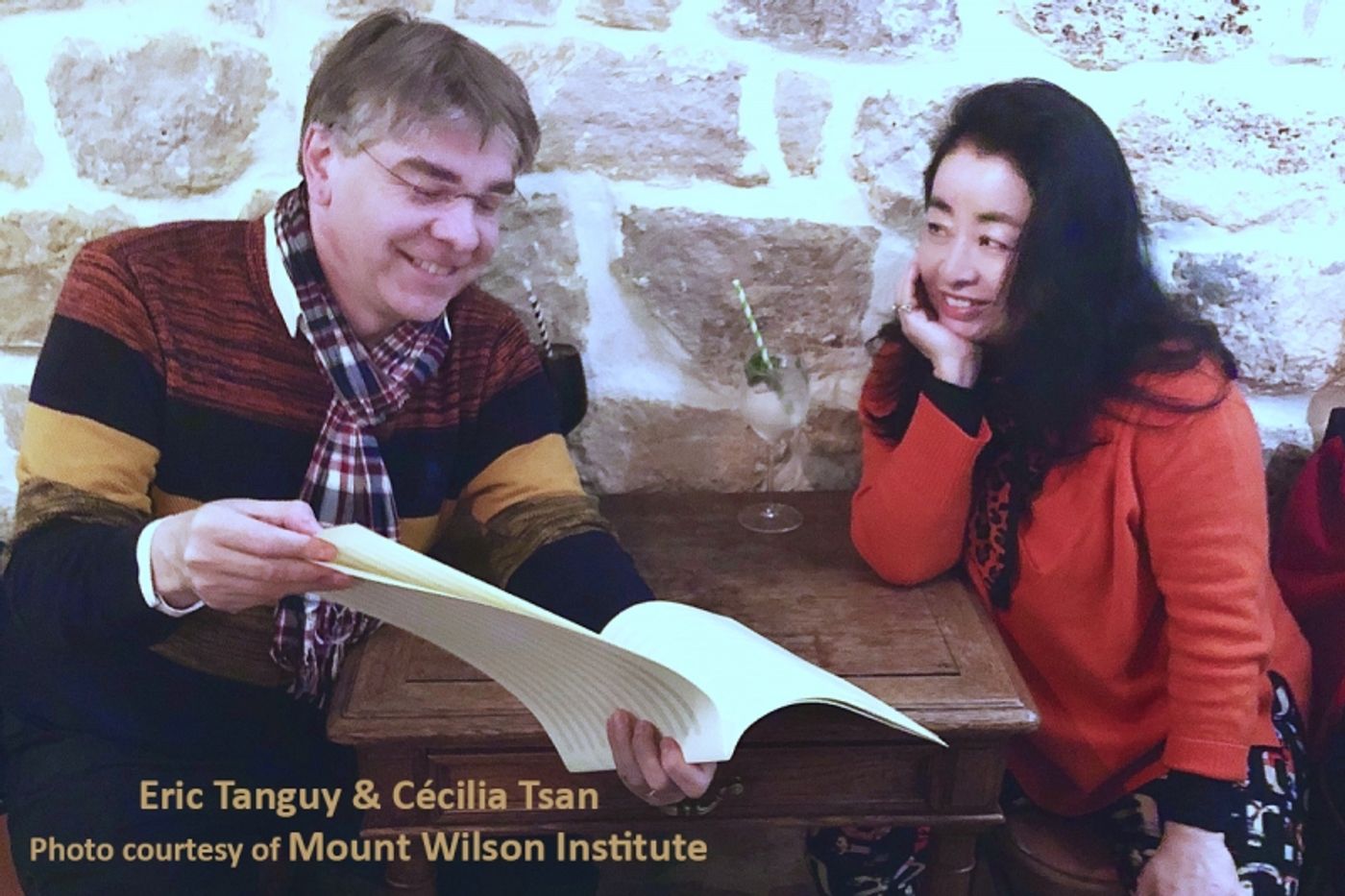 was cancelled due to COVID-19. It's for soprano and cello, and I started to build the program around it. I added another piece for soprano and strings, Schubert's "Stabat Mater;" and thought it would be a great idea to stay with Schubert in the ending piece which is one of Schubert's most beloved chamber music works.
was cancelled due to COVID-19. It's for soprano and cello, and I started to build the program around it. I added another piece for soprano and strings, Schubert's "Stabat Mater;" and thought it would be a great idea to stay with Schubert in the ending piece which is one of Schubert's most beloved chamber music works.
Have you started in-person rehearsals yet?
With soprano Elissa Johnston, we recorded Eric Tanguy's piece a few weeks ago for an upcoming album exclusively dedicated to his music. And we are about to start rehearsing the Schubert.
What adjectives have you heard audiences describe Mount Wilson Observatory's 100-inch telescope and dome?
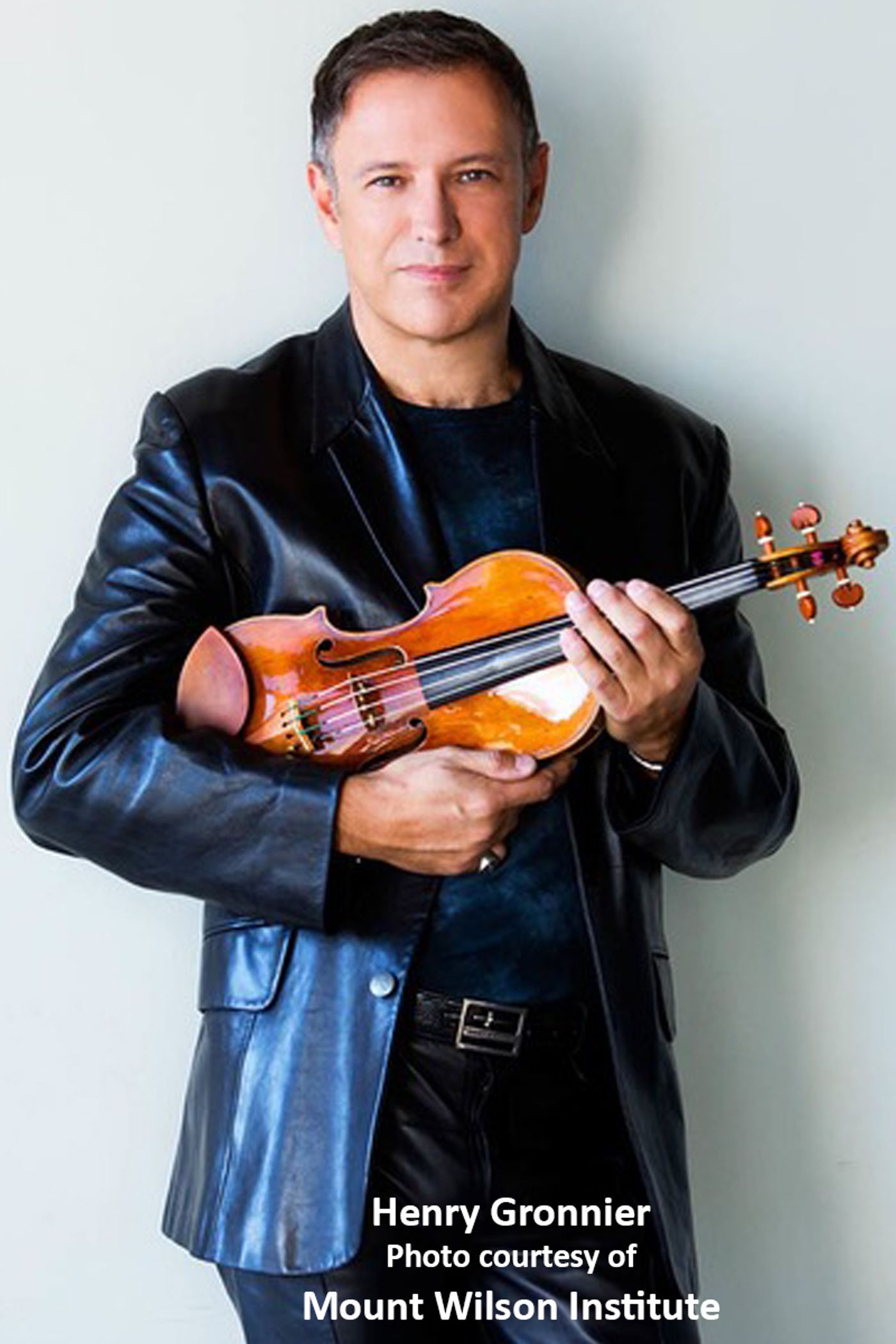 Magical, surreal, dreamy, exceptional, extraordinary, etc... Most of the people who attended a concert once came back for another one or more!
Magical, surreal, dreamy, exceptional, extraordinary, etc... Most of the people who attended a concert once came back for another one or more!
When you tour all over the world as a soloist, how much rehearsal with the venue's orchestra do you usually receive?
It really depends on each orchestra. Usually, it's one rehearsal plus the dress rehearsal. But once I had zero rehearsal! I was about to perform the Dvorak Concerto in Sarajevo but, because of a storm, my plane was cancelled. So they sent me there by train. I arrived just on time for an interview, and then the concert without any rehearsal. Every musician was so attentive that I had a great time making music with wonderful people.
Do you first rehearse with the conductor? Or do you go right into practicing with the whole orchestra?
Except for the concert in Sarajevo that I just mentioned, I always have a private session with the conductor so we can compare notes and see if our visions of the piece concur, or if many adjustments need to be made to find a common voice. It is always a fascinating moment.
Is there any difference in your warm-ups whether you're soloing or as a chamber musician?
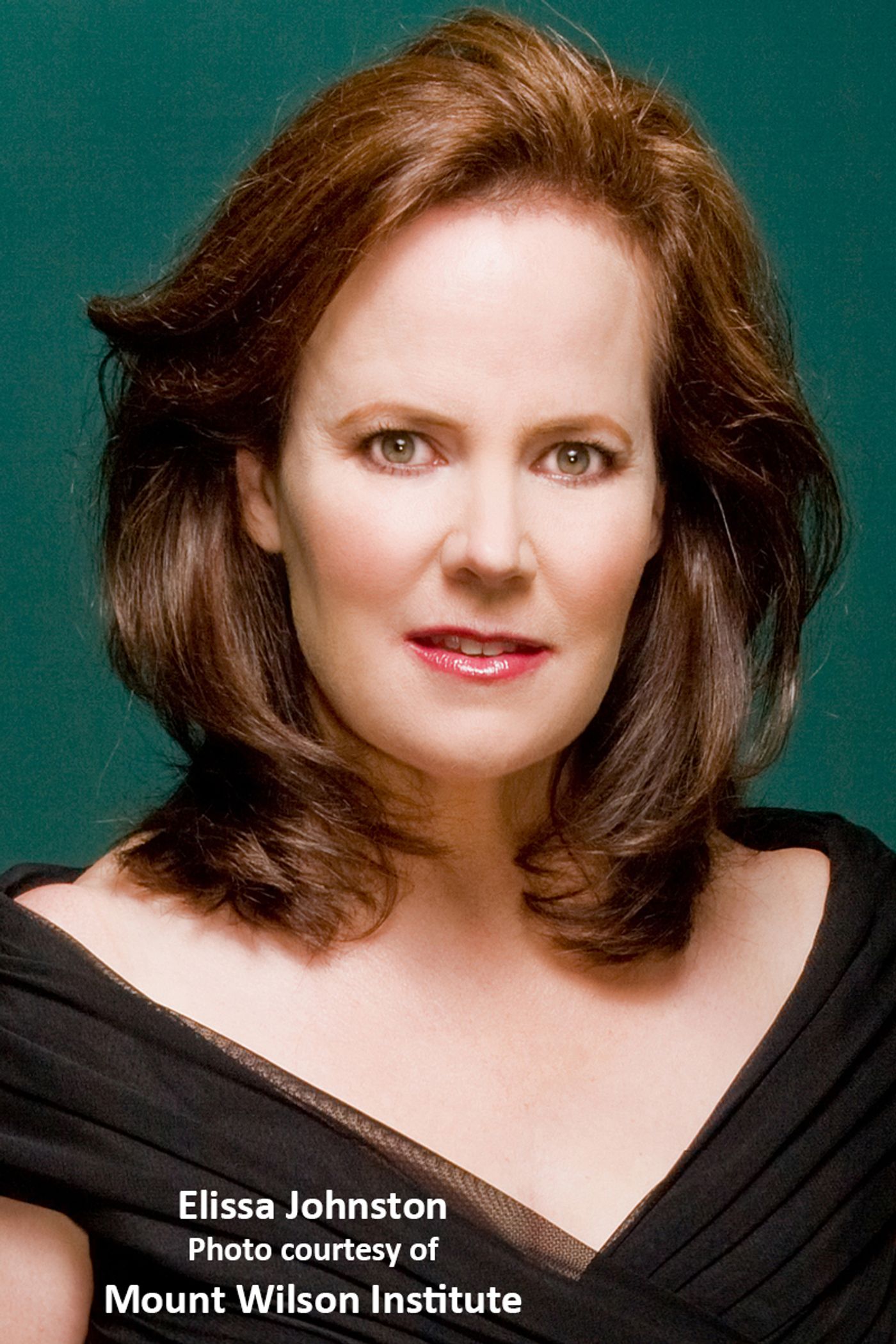 There are usually more technical challenges when playing a concerto and more pressure for many reasons. So, beside the "physical" warm-up of the fingers and muscles, when I am about to play a concerto, I try to work on my mental state so that, if there is some kind of nervousness, I can transform it into an excitement to go farther in my musical expression.
There are usually more technical challenges when playing a concerto and more pressure for many reasons. So, beside the "physical" warm-up of the fingers and muscles, when I am about to play a concerto, I try to work on my mental state so that, if there is some kind of nervousness, I can transform it into an excitement to go farther in my musical expression.
Is there any piece for a cello solo that you haven't tackled in public that you would love to?
Interesting question: last year before the pandemic, I was invited by the Long Beach Symphony to play "Don Quixote" by Strauss, a gorgeous tone poem by Richard Strauss for cello, viola, and orchestra. And then the pandemic hit. I sure hope it will be scheduled again this season.
How would you differentiate the demands of performing live vs. playing in a recording studio? You're going for perfection in both cases.
When you play live, you take more risks in the expression, the phrasing, the pace, etc... In recording, you have to be more reserved, in total control: intonation, rhythm, sound quality, all are crucial, and you cannot take risks by being excessive one way or another. In other words, you must control your emotions and play "clean." That's why I always make sure that I always have upcoming live performances, even if I'm super busy in the studios.
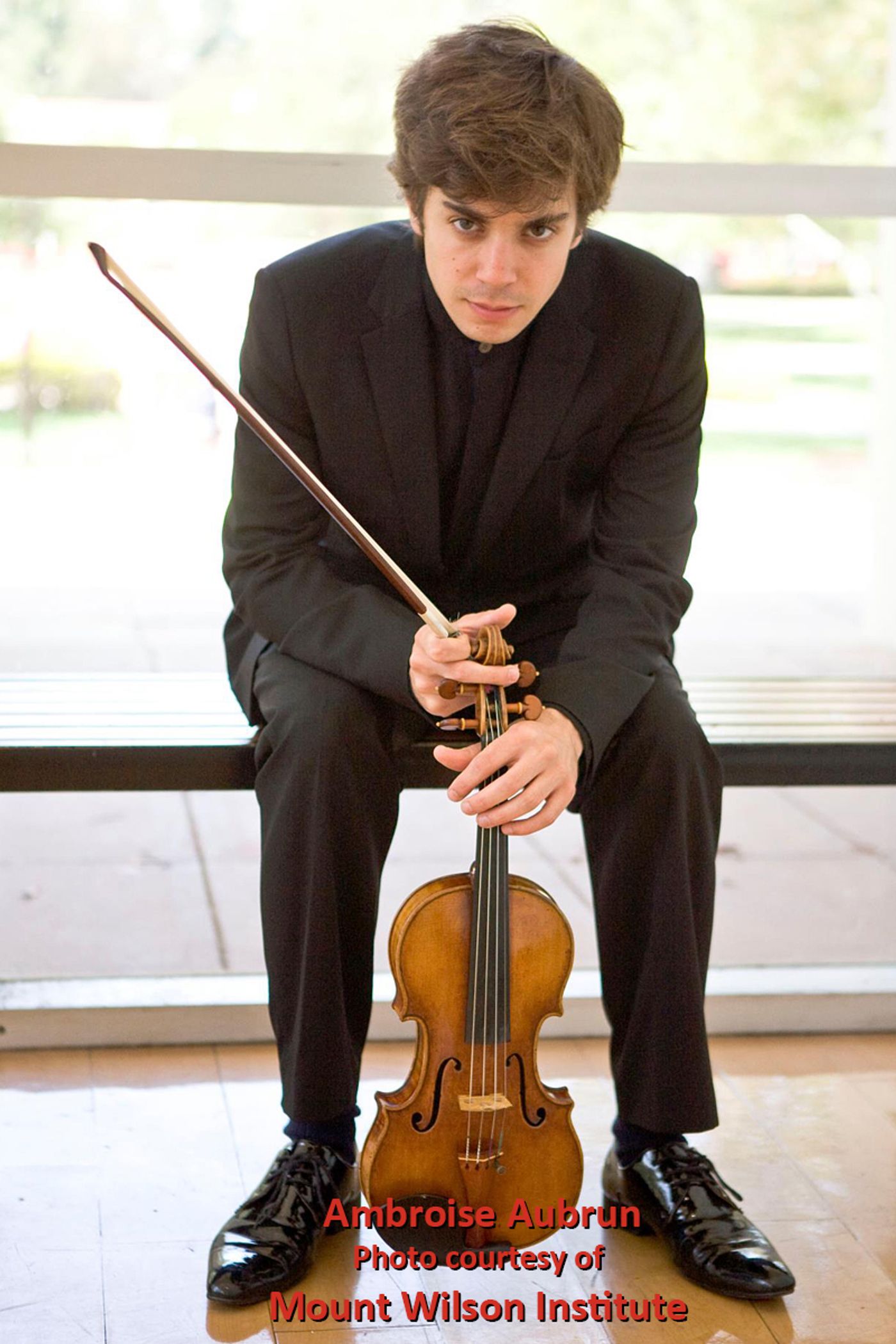 Of all the venues worldwide you're played at, which has the most amazing acoustics for instruments?
Of all the venues worldwide you're played at, which has the most amazing acoustics for instruments?
Three places come to mind:
- the Palais Garnier (Opéra de Paris), where I was fortunate to play chamber music concerts, beside the operas. Fantastic acoustic and incredible décor.
- the Coolidge Auditorium at the Library of Congress, where I gave my very first concert in the United States.
- The Dome at Mount Wilson Observatory, where we launched our concert series (chamber music and jazz) in 2017.
Those three venues have exceptional acoustics and I really enjoyed making music there.
Which of your many prizes that you won (at the Barcelona International Competition and the Florence International Competition, as well as, the Menuhin Foundation Award and the Paris International Competition's Debussy Prize) holds special significance to you?
It's probably the Debussy Prize, as this is one of my favorite composers. I am so in awe at the fact that he opened such an amazing door for other composers of the 20th century,
Do you listen to classical music to study for your work? Or to enjoy?
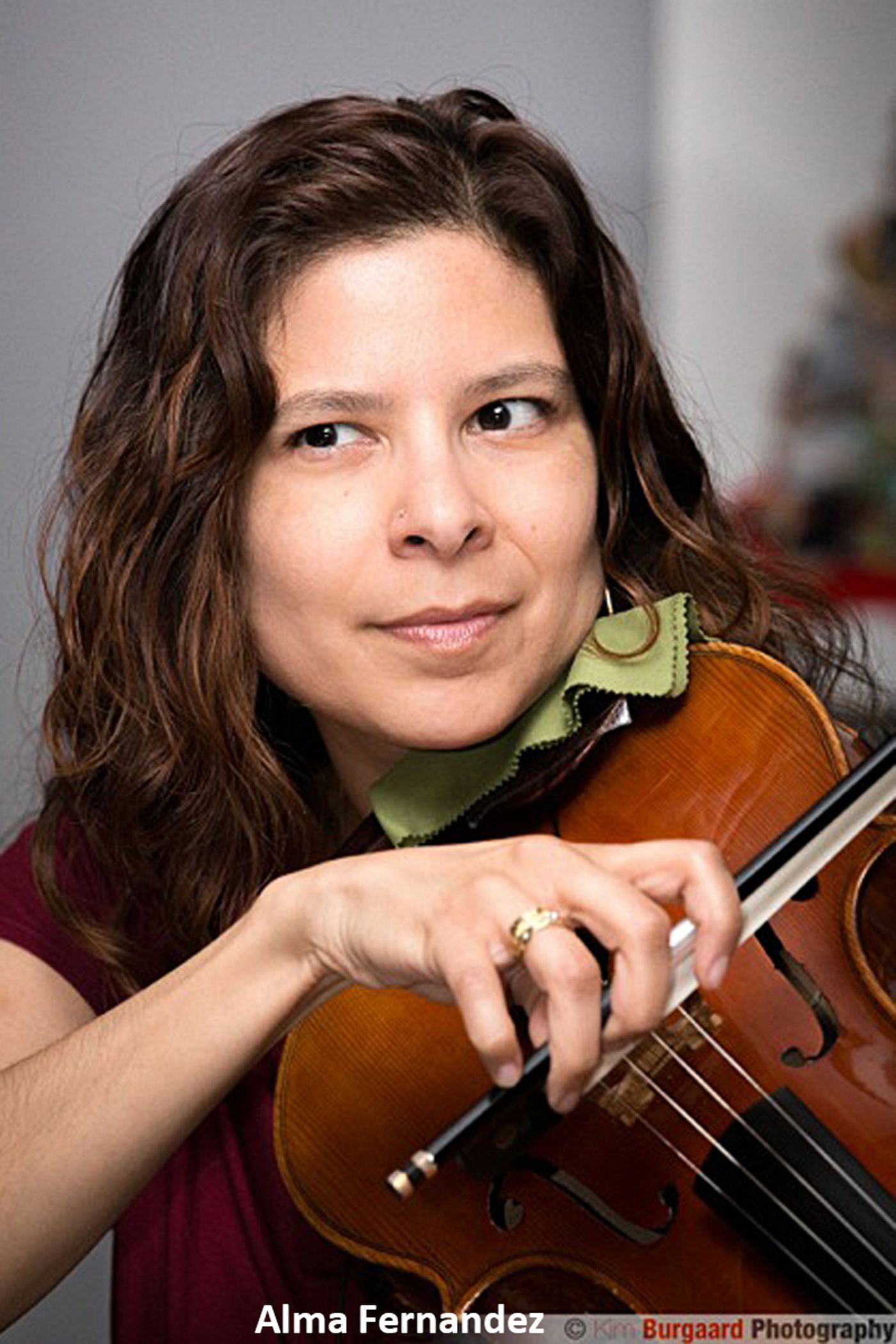 I always listen to the pieces I am about to play while reading the score. It is important to organize your mind in order to give the piece an intelligible meaning.
I always listen to the pieces I am about to play while reading the score. It is important to organize your mind in order to give the piece an intelligible meaning.
What type of music do you listen to to relax?
Bach, Mozart, and jazz.
The second SUNDAY AFTERNOON CONCERTS IN THE DOME this year September 5th will feature jazz with Lounge Art Ensemble. Do you ever jam with your cello to jazz licks?
I don't, even if iconic jazz musicians like Peter Erskine asked me to play with them for the fun of it. I would be so intimidated. It's a different language. Peter loved the time he had while performing in the Dome with Bob and Darek. My training is classical and somewhat. It's not an easy thing to switch from jazz to classical and vice versa. Improvising is an art, and I leave it to the great people who know what they are doing.
Will there be a third SUNDAY AFTERNOON CONCERTS IN THE DOME in October?
Not this year. We had to decide very quickly about the August and September concerts as nothing was opened yet, and the CDC guidelines were not completely obvious. Plus, in October, we will probably play a fundraising concert for Mt Wilson.
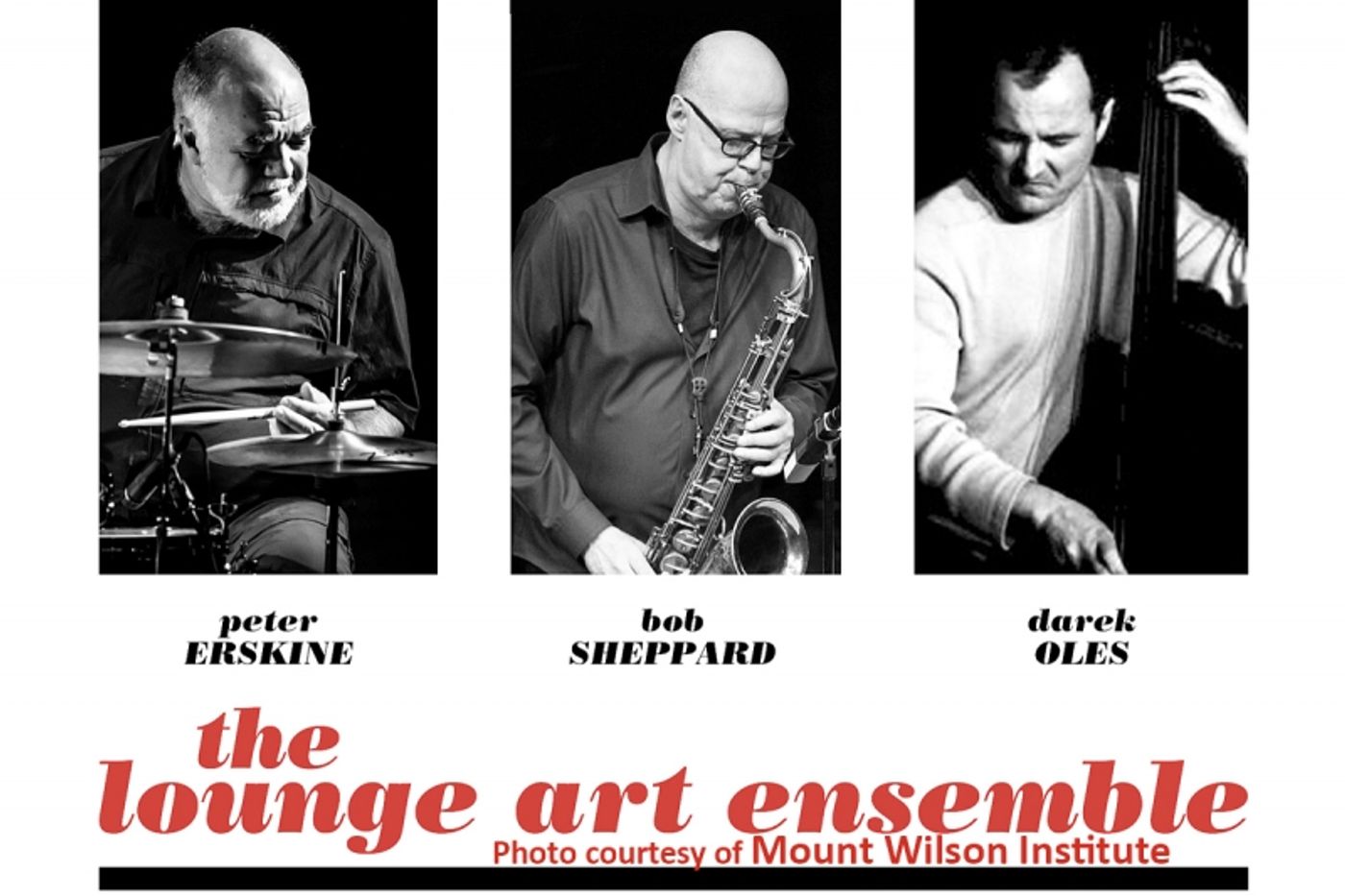 Besides, playing in the August 1st Concert, what other commitments does Cécilia Tsan have through the rest of this year?
Besides, playing in the August 1st Concert, what other commitments does Cécilia Tsan have through the rest of this year?
The situation is still very unclear. I am waiting to hear about the upcoming season with the Long Beach Symphony, and the L.A. Master Chorale as I am the Principal Cello for both orchestras. I hope we do "Don Quixote." I have a few projects in France, and practice to record several albums which include world premieres.
Thank you again, Cécilia. I look forward to experiencing SUNDAY AFTERNOON CONCERTS IN THE DOME.
For SUNDAY AFTERNOON CONCERTS IN THE DOME tickets August 1st and September 5th, log onto www.mtwilson.edu/concerts
Videos

